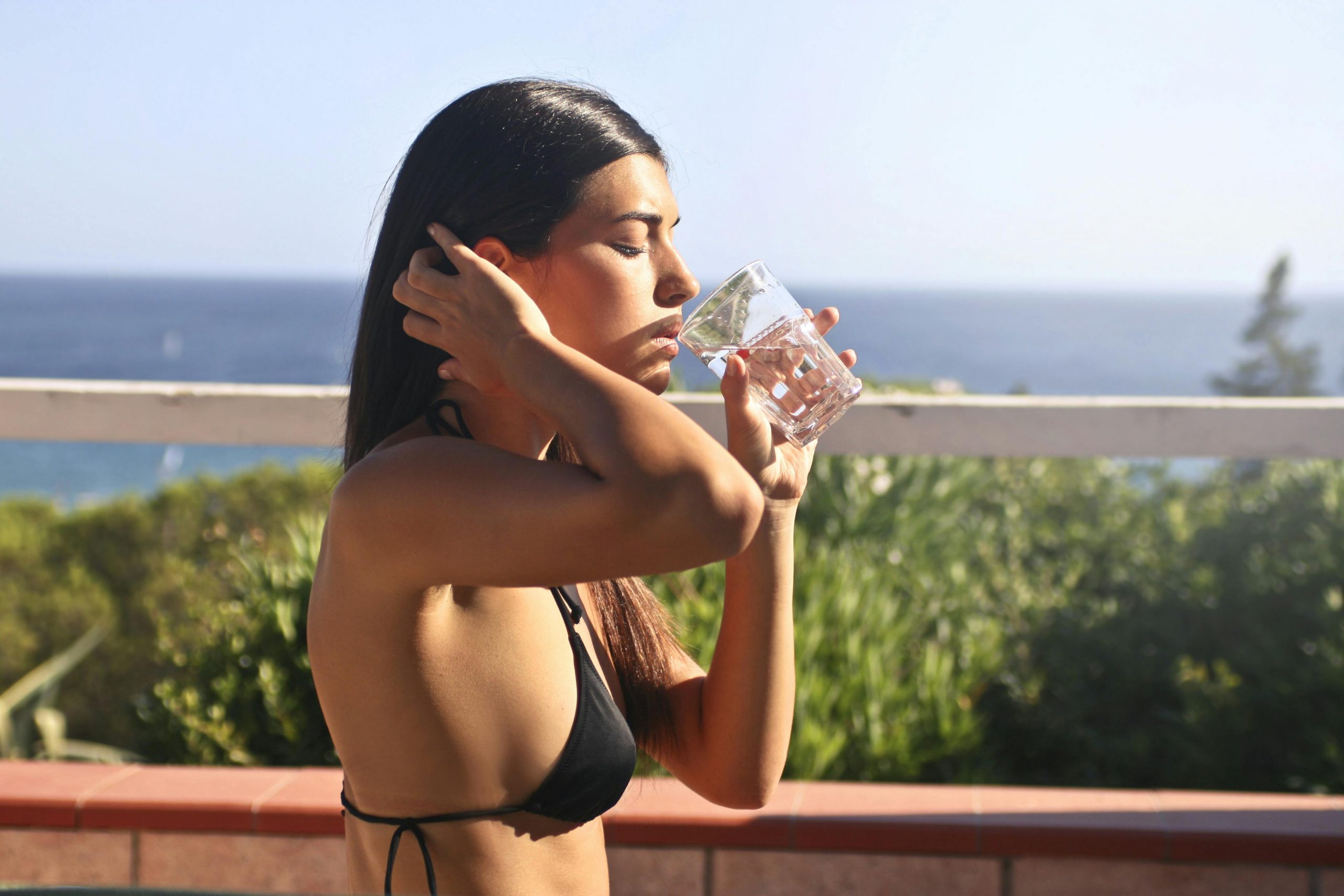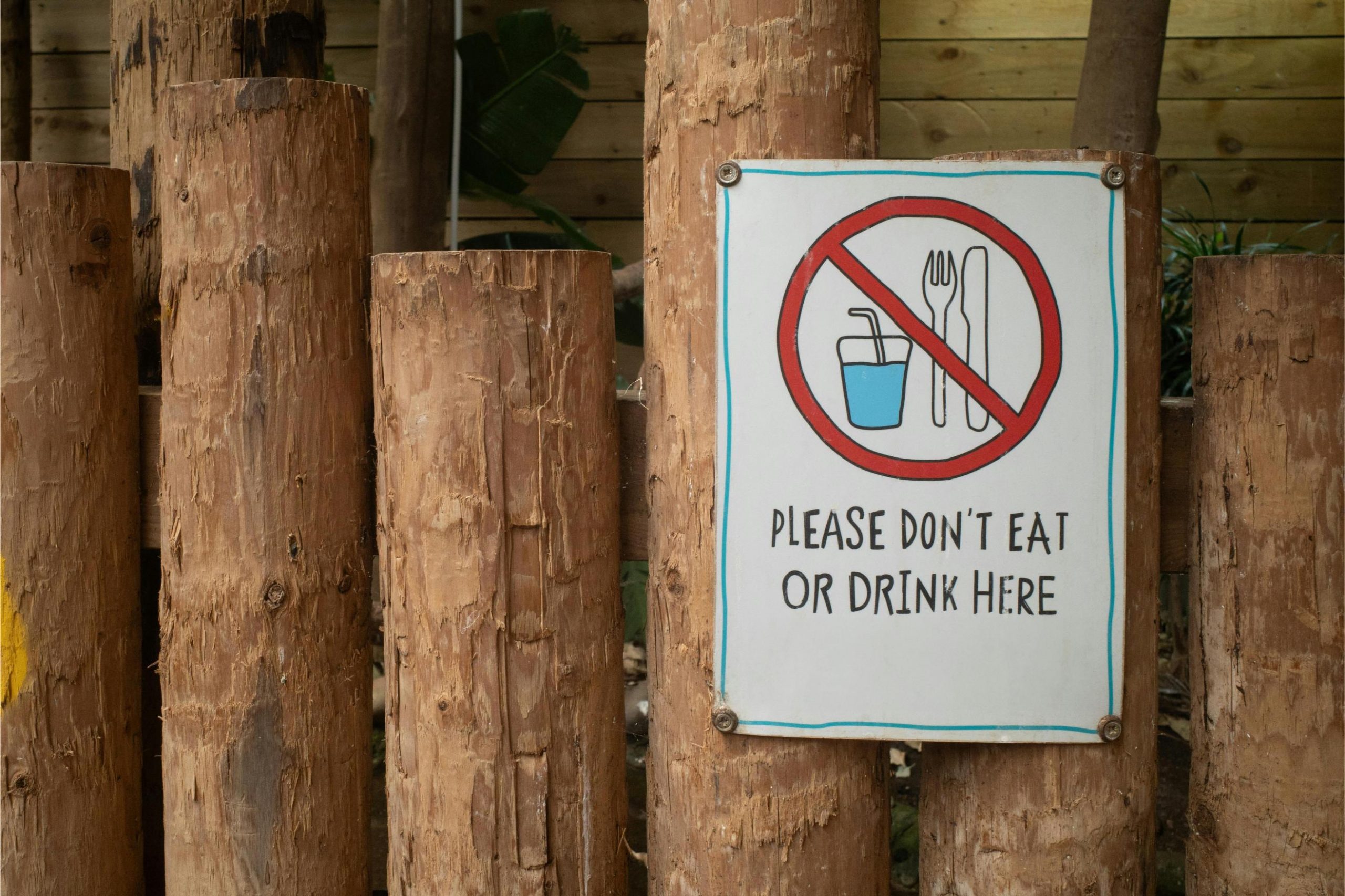
Fasting has become a popular way to improve health, lose weight, and increase mental clarity. But one common question is: what can you drink while fasting? Knowing the right drinks can help you stay hydrated, avoid breaking your fast, and make the fasting experience easier.
In this article, we’ll explore which drinks are allowed during fasting, what to avoid, and why certain drinks matter based on your fasting goals.
What Is Fasting?

Fasting is the practice of not eating food for a set period of time. It can last for a few hours or several days. People fast for different reasons, including:
- Weight loss
- Blood sugar control
- Improved metabolism
- Mental clarity
- Spiritual or religious reasons
The most common type is intermittent fasting, where you eat during a certain window (like 8 hours) and fast the rest of the time (like 16 hours).
During the fasting window, you can’t eat—but can you drink? Yes. But not everything is allowed. Some drinks can break your fast, while others help you stay on track.
Why Does It Matter What You Drink?
What you drink during a fast can either support your goals or stop your progress. Certain drinks contain calories, sugar, or other ingredients that can break your fast or mess with your metabolism.
The right drinks, on the other hand, can help:
- Curb hunger
- Keep you hydrated
- Boost energy
- Support fat-burning
Safe Drinks While Fasting
These drinks won’t break your fast and may even support the benefits of fasting, such as improved energy, mental clarity, and fat burning. Let’s look at what you can drink while fasting—and why they work.
- Water
 Plain water is the most important drink during any fast. It’s calorie-free, keeps your body hydrated, and helps flush out toxins. Staying hydrated also helps curb hunger and reduce headaches, which some people feel during fasting.
Plain water is the most important drink during any fast. It’s calorie-free, keeps your body hydrated, and helps flush out toxins. Staying hydrated also helps curb hunger and reduce headaches, which some people feel during fasting.
Options include:
- Still or filtered water
- Sparkling or carbonated water (as long as it’s unsweetened)
- Water with lemon slices (just a squeeze of lemon—not juice)
Water has zero calories and keeps your organs functioning properly. It also helps you feel full, which can make fasting easier.
- Black Coffee
Black coffee is a popular drink for people who fast. It has almost no calories and contains caffeine, which can give you energy and support fat burning. Coffee can also reduce appetite for some people.
Tips for drinking coffee while fasting:
- Stick to black coffee—no cream, milk, or sugar
- Limit to 1–2 cups per day to avoid stomach upset or jitters
- Choose organic or low-acid varieties if you have a sensitive stomach
Black coffee won’t break your fast and may even boost your metabolism. It’s especially helpful in the morning when you need an energy lift.
- Plain Tea
Tea is another great choice. Many teas are naturally calorie-free and can help soothe digestion, reduce stress, and support metabolism. The warmth of tea can also help curb hunger.
Best teas to drink while fasting:
- Green tea
- Black tea
- Oolong tea
- Herbal teas like peppermint, ginger, or chamomile
What to avoid:
- Sweetened or flavored teas
- Adding milk, cream, or sugar
Tea hydrates your body and may offer added benefits depending on the variety. Green tea, for example, contains catechins that may enhance fat burning during a fast.
- Apple Cider Vinegar (Diluted)
Apple cider vinegar (ACV) is often used during fasting to help with digestion and control appetite. It has very few (if any) calories when diluted properly and won’t break your fast.
How to drink it:
- Add 1 tablespoon of apple cider vinegar to 8–12 ounces of water
- Drink it once a day, preferably before meals or during your fast
- Use a straw to protect your teeth from the acid
ACV may help balance blood sugar and reduce cravings. Just make sure it’s diluted to avoid stomach irritation or damage to tooth enamel.
- Electrolyte Drinks (Without Sugar)
If you’re doing extended fasting or feeling tired, lightheaded, or crampy, you may need more electrolytes like sodium, potassium, or magnesium. Plain water may not be enough.
What to look for:
- Zero-calorie electrolyte powders or tablets
- No sugar or added sweeteners
- Minimal or natural flavors
Examples:
- Homemade saltwater with a pinch of sea salt
- Store-bought electrolyte drinks labeled “fasting safe” or “zero sugar”
Electrolytes keep your muscles, nerves, and heart working properly—especially during long fasts when you lose minerals through sweat or urine.
What Drinks Might Break Your Fast?
Not all drinks are fasting-friendly. Some can interfere with the benefits of fasting by triggering an insulin response or providing calories that stop fat burning. Here are some common drinks that can break a fast:
- Fruit Juice
Even if it’s labeled as 100% natural juice, it still contains natural sugars and calories that will break your fast.
- One cup of orange juice can contain over 100 calories and 20 grams of sugar.
- Fruit juices spike insulin levels, which can stop fat burning and interfere with cellular repair.
Stick to juice only during your eating window.
- Milk or Cream in Coffee
Adding milk, cream, or flavored creamers to your coffee might seem small—but even a tablespoon adds fat and calories.
- A splash of cream can add 20–50 calories, depending on the type.
- These extras can break your fast by signaling your body to stop fasting-mode processes.
Drink your coffee black while fasting. Save the add-ins for later.
- Diet Soda
Most diet sodas are calorie-free, but they come with a few concerns.
- They often contain artificial sweeteners like sucralose, aspartame, or acesulfame potassium.
- Some research suggests these may raise insulin or increase hunger and cravings, especially in sensitive individuals.
Technically, diet sodas may not break your fast, but they could hinder your results—especially if you’re fasting for weight loss.
- Flavored or Enhanced Water
Flavored waters can be tricky. Even if they seem like water, many are not fast-friendly.
- Some include added sugars, fruit juice, or natural sweeteners like stevia or monk fruit.
- Others contain electrolytes and calories that may disrupt fasting benefits.
Always check the label. If it has calories, sugar, or sweeteners, it’s best to avoid it during your fasting hours.
- Protein Shakes or Bone Broth
These are healthy choices during your eating window, but they will break your fast.
- Protein shakes contain calories, amino acids, and sometimes sweeteners.
- Bone broth, though rich in nutrients, contains protein and fat that activate digestion and insulin production.
Avoid them while fasting, but feel free to enjoy them as part of your post-fast meal.
Common Questions About Fasting Drinks
Can I Drink Lemon Water While Fasting?
Yes, a small squeeze of lemon in water is fine and won’t break your fast. Just avoid adding juice or sweeteners.
Can I Drink Sparkling Water?
Yes—as long as it’s plain and unsweetened. Sparkling water can help with hunger and digestion.
What About Coconut Water?
Coconut water has natural sugars and calories. It’s best to save it for your eating window.
Can I Drink Energy Drinks?
Most energy drinks contain sugar or artificial sweeteners, which may interfere with fasting. Some zero-calorie versions may be okay, but they could trigger cravings or insulin responses.
Drinks That Support Your Fasting Goals
If you want more than just calorie restriction during your fast, some drinks can actively support your results. These beverages help boost metabolism, manage hunger, and improve overall well-being while keeping your fast intact.
- Green Tea or Matcha
Green tea is one of the most popular fasting-friendly drinks, known for its health benefits and natural caffeine.
Why it helps:
- Contains antioxidants like catechins, which may increase fat burning
- Can reduce inflammation and support heart health
- Offers a gentle energy boost without breaking your fast
Matcha, a powdered form of green tea, delivers a more concentrated dose of nutrients. Just be sure to drink it plain—without milk or sweeteners.
- Black Coffee with Cinnamon
Black coffee is already a safe choice for fasting, but adding cinnamon can take it a step further.
Why it helps:
- Cinnamon may help regulate blood sugar levels
- Enhances flavor without adding calories
- Supports appetite control and insulin sensitivity
Stick to ground cinnamon and avoid sugary syrups or flavored creamers that could end your fast.
- Mineral Water
Fasting can sometimes cause fatigue, headaches, or lightheadedness—especially if you’re low on electrolytes. Mineral water is a natural solution.
Why it helps:
- Provides essential minerals like sodium, potassium, and magnesium
- Helps prevent dehydration and muscle cramps
- Can improve energy and focus during longer fasts
Choose unsweetened, unflavored mineral water with no added sugar or calories. It’s especially helpful if you’re doing intermittent fasting combined with exercise.
What to Drink When Breaking Your Fast
When your fasting window ends, start with light, nutritious options:
- Water with a pinch of salt or lemon
- Bone broth (gentle on the stomach)
- Fresh fruit or smoothies
- Lean proteins and healthy fats
These options can help you rehydrate and give your body the fuel it needs after a fasting period.
Final Thoughts
Fasting doesn’t mean you can’t drink anything—it just means you need to be smart about what you choose. Water, black coffee, tea, and a few low-calorie options can keep you feeling full, alert, and on track with your health goals.
Avoid sugary drinks, flavored waters, and anything with calories during your fast. If you’re ever unsure, check the label or stick to plain water.
By choosing the right drinks, you’ll stay hydrated and make the most of your fasting routine.

